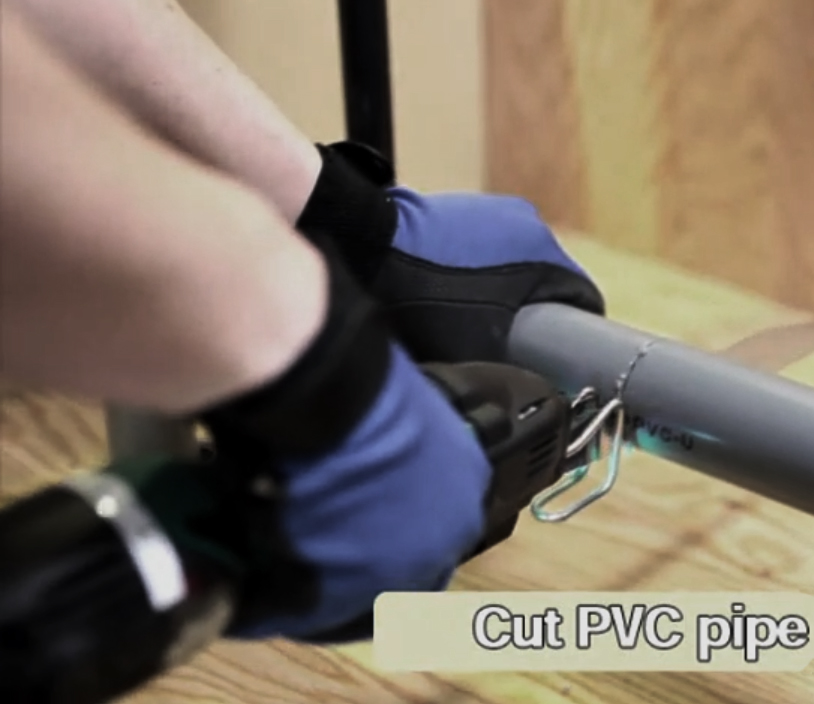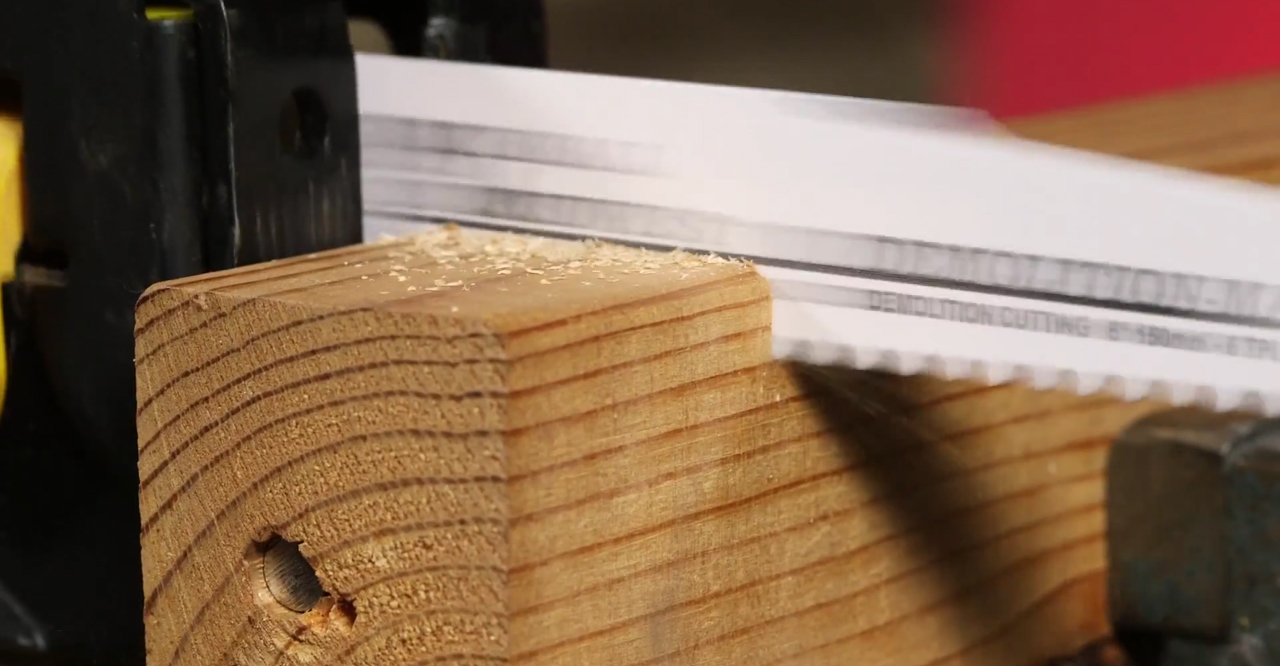There is a lot of variety of reciprocating saw uses. The style or the type of project can let the operator know which blades will be the best used for work. Many do-it-yourself projects require a reciprocating saw. The operator of the reciprocating saw must understand that the most crucial step is to remember safety measures that make projects or tasks with a better outcome.
Contents
What is a Reciprocating Saw
This refers to a saw that achieves the cutting action through its blade’s push and pulls reciprocating motions. It is mainly used by professional contractors and homeowners who use it for Do It Yourself tasks. A reciprocating saw is a must-have tool if you would like to tackle a major remodeling project or repair. These saws are preferred by many due to their superior abilities and features compared to other types of saws, which include;
- They are excellent for overhead work.
- The reciprocating saws are safer to use on ladders
- Confined and tight spaces can be accessed with reciprocating saws.
- They have a variety of uses.
Reciprocating Saw Uses
Modern reciprocating saws come with particular types of blades. These blades are meant for different applications. If you select the right blade, you will be able to tackle your tasks with ease.
Reciprocating saws are very simple in their most basic form. They cut almost everything, whether it is wood, PVC, or metal. In fact, they are demolition tools in nature. Here are the top six reciprocating saw uses for both professional contractors as well as homeowners.
Cutting the tree branches and woods
 Sometimes you may decide to take down the tree branches in your home. A reciprocating saw is the best tool you need. The coarse blade is excellent for cutting woods and tree branches with less effort.
Sometimes you may decide to take down the tree branches in your home. A reciprocating saw is the best tool you need. The coarse blade is excellent for cutting woods and tree branches with less effort.
Plumbing
 The PVC pipes are usually located in obscured places. The process of replacing PVC pipes needs a reciprocating saw’s metal-cutting blade. These blades slice through the pipes easily. The fine-tooth blade that resembles the hacksaw is highly recommended. You will be able to cut PVC pipes with ease even if you are in an awkward position.
The PVC pipes are usually located in obscured places. The process of replacing PVC pipes needs a reciprocating saw’s metal-cutting blade. These blades slice through the pipes easily. The fine-tooth blade that resembles the hacksaw is highly recommended. You will be able to cut PVC pipes with ease even if you are in an awkward position.
Making Wall Indentation
 When remodeling your house or any other unit, you may have to place some wires on the walls. This is where you will need the services of a reciprocating saw. It will enable you to make a perfect indentation on the walls. You will then place the wires on the walls with ease.
When remodeling your house or any other unit, you may have to place some wires on the walls. This is where you will need the services of a reciprocating saw. It will enable you to make a perfect indentation on the walls. You will then place the wires on the walls with ease.
Demolition
 Reciprocating saws make demolition to be an easy task. You can use the coarsest-tooth blade to cut pins and nails, which are difficult to remove. The same applies to cutting plaster. If you would like to cut stones, cast iron, or ceramic tile, you should use toothless blades coated with tungsten carbide abrasive grit.
Reciprocating saws make demolition to be an easy task. You can use the coarsest-tooth blade to cut pins and nails, which are difficult to remove. The same applies to cutting plaster. If you would like to cut stones, cast iron, or ceramic tile, you should use toothless blades coated with tungsten carbide abrasive grit.
Framing

Reciprocating saw blades run alongside the framing components to cut the plywood sheathing. This works perfectly in windows and door openings. You can also cut the roof shingles, walls, and other places where the roof shingles and plywood sheathing run wild. This is possibly the main reason why professional contractors consider reciprocating saws to be their favorite tool.
Summary
Reciprocating saws are simple to operate. However, you should always ensure that you are safe. When cutting PVC pipes above your head, you should always ensure that you wear the dust masks and the safety glasses as needed. If the PVC pipes contain debris and dust clouds, your eyes will always remain protected.
The best part of a reciprocating saw uses is it can cut through so many different materials. The reciprocating saw can cut through any material. A reciprocating saw is a good tool for any woodworker’s workbench.


Excellent post!!! This article was much remarkable, What reciprocating saw is an incredibly handy, especially when space to work around is a factor. But based on what you want to do, I’d go with the reciprocating saw.